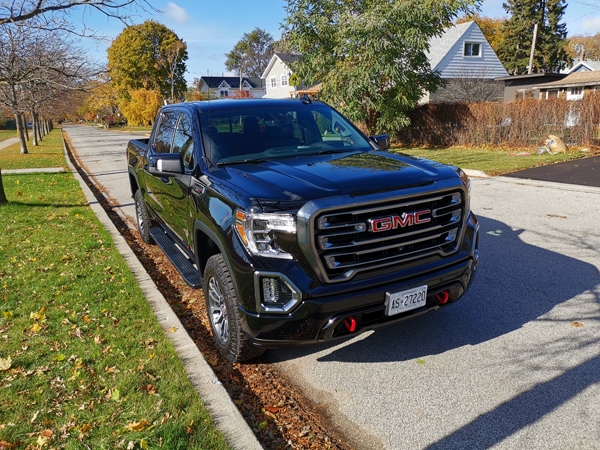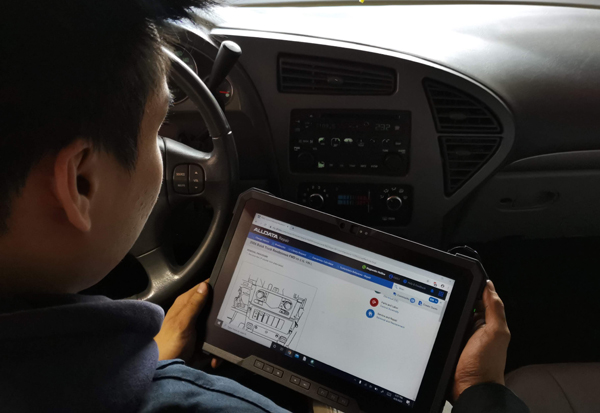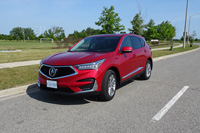Tips for Ranking in Local Search Results: How to Optimize Your Website for Local SEO
 Thursday, June 23, 2022 at 3:49PM
Thursday, June 23, 2022 at 3:49PM  Image credit: Outreach Bee
Image credit: Outreach Bee
If you're a business owner, then you know the importance of ranking high in local search results. After all, if people can't find your business when they're looking for it, then how are you going to make any money? In this blog post, we will discuss some tips for optimizing your website for local SEO. By following these tips, you will be able to improve your rankings and bring more customers through your door!
What are Local Search Results?
Local search results are the results that appear when someone searches for a business or service in their local area. For example, if you were to search for "pizza restaurant" on Google, you would see local results for pizza restaurants near you. Local search results take into account many factors, including the location of the searcher and the businesses that are closest to them.
Why is Ranking in Local Search Results Important?
Ranking in local search results is important because it can help you to get more customers. When people search for businesses or services in their local area, they are more likely to visit the businesses that appear at the top of the results. This is why it's so important to make sure that your website is optimized for local SEO!
In addition to this, a company that does not target local traffic in their SEO efforts could see a loss of traffic because their competitors are. In other words, unless you are willing to give up the business to your rivals, you need to focus on getting your website to rank in local search results.
8 Ways to Optimize Your Website for Local SEO
If you want to rank higher in local search results, then you need to optimize your website for local SEO. Here are eight ways that you can do this.
Tip #1: Use Local Keywords
The first step is to make sure that you're using local keywords throughout your website. These are keywords that include the city or region that you're targeting. For example, if you're a pizza restaurant in Los Angeles, then you would want to use phrases like "pizza Los Angeles" and "Los Angeles pizza restaurant."
By using these location-specific keywords, you're more likely to show up in the local search results for people who are searching in your area.
Tip #2: Use Relevant Keywords
In addition to using local keywords, you also need to use relevant keywords throughout your website. These are keywords that describe what your business does. Using the same example as above, some relevant keywords for a pizza restaurant might be "pizza," "pizza delivery," and "pizza takeout."
By using relevant keywords, you're more likely to show up in the search results for people who are looking for businesses like yours.
Tip #3: Optimize Your Title Tags and Meta Descriptions
Another important factor in local SEO is your website's title tags and meta descriptions. These are the pieces of text that appear in the search results when someone searches for your business.
You want to make sure that your title tags and meta descriptions are optimized for both local keywords and relevant keywords. This will help you to show up in more search results and get more clicks from potential customers. Moreover, Moz has confirmed that having properly optimized meta descriptions can increase your website’s click-through rate, which helps bring in new business.
Tip #4: Include NAP Information
NAP stands for name, address, and phone number. This is the basic information that you need to include on your website if you want to rank in local search results.
You should include your NAP information in the header or footer of your website so that it's easy to find. You can also list your NAP information on directory listings and business listing websites. Not only will this help clients find your business, but it will also help search engines to verify your business and improve your ranking when people near you search for businesses like yours.
Tip #5: Add Reviews and Testimonials
Another way to optimize your website for local SEO is to add reviews and testimonials from your customers. These can be added to your website or to business listing websites.
When potential customers see that you have positive reviews, they're more likely to choose your business over one of your competitors. This will help you to get more customers through the door and improve your bottom line!
Tip #6: Create Local Content
In addition to adding reviews and testimonials, you can also create local content for your website. This could be a blog post about the best pizza restaurants in Los Angeles or a guide to the best delivery services in your area.
By creating local content, you're more likely to show up in the search results when people near you are looking for businesses like yours. Plus, this local content will help to build trust with potential customers and make them more likely to do business with you.
Tip #7: Optimize Your Google My Business Listing
One final way to optimize your website for local SEO is to optimize your Google My Business listing. This is the listing that appears when someone searches for your business on Google Maps.
You can optimize your Google My Business listing by adding photos, descriptions, and keywords. You can also encourage customers to leave reviews on your listing. By taking these steps, you can improve your ranking in the local search results and get more customers through your door.
Need Local Search Optimization Assistance?
If you need help optimizing your website for local SEO, contact the experts at Outreach Bee. They can help you to create content, optimize your title tags and meta descriptions, add reviews and testimonials, build backlinks, and much more.





















Reader Comments